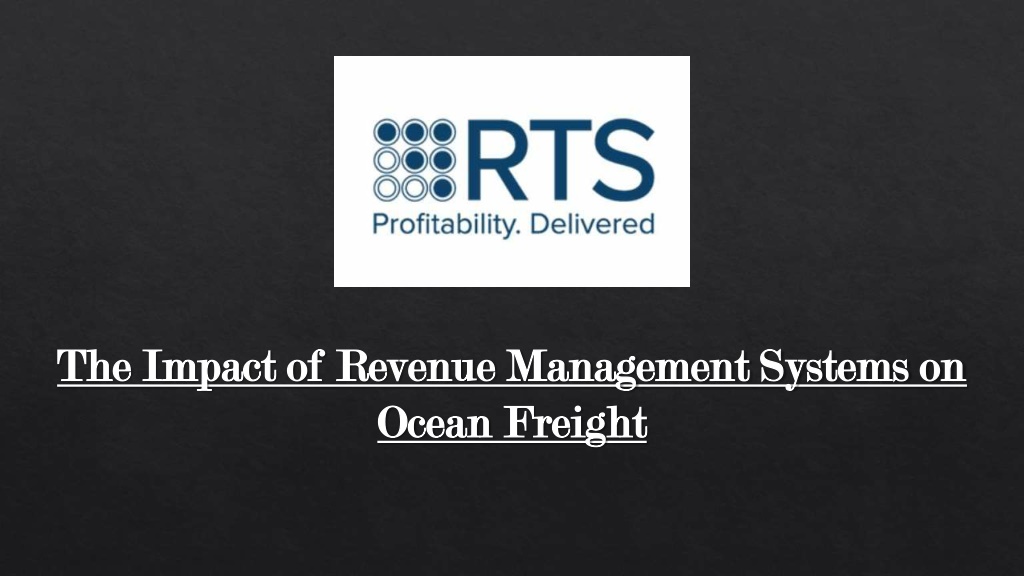
The Impact of Revenue Management Systems on Ocean Freight
In today's rapidly evolving global marketplace, the ocean freight industry stands as a critical component of international trade, underpinning economic activities across continents. Managing the complexities of shipping logistics and pricing strategies efficiently is no small feat. This is where advanced Revenue Management Systems (RMS) developed by specialists like Revenue Technology Services (RTS) come into play, particularly enhancing strategies such as cargo pricing and dynamic pricing.n
- cargo cloud solutions
- cargo pricing
- cargo revenue
- cargo revenue management
- cargo solutions
- cargo strategy consulting
Download Presentation
Please find below an Image/Link to download the presentation.
The content on the website is provided AS IS for your information and personal use only. It may not be sold, licensed, or shared on other websites without obtaining consent from the author. Download presentation by click this link. If you encounter any issues during the download, it is possible that the publisher has removed the file from their server.
Presentation Transcript
The Impact of Revenue Management Systems on The Impact of Revenue Management Systems on Ocean Ocean Freight Freight
In today's rapidly evolving global marketplace, the ocean freight industry stands as a critical component of international trade, underpinning economic activities across continents. Managing the complexities of shipping logistics and pricing strategies efficiently is no small feat. This is where advanced Revenue Management Systems (RMS) developed by specialists like Revenue Technology Services (RTS) come into play, particularly enhancing strategies such as cargo pricing and dynamic pricing.
Revolutionizing Ocean Freight with RMS Revolutionizing Ocean Freight with RMS At the heart of the effectiveness of Revenue Management Systems in ocean freight lies their ability to optimize cargo pricing and implement dynamic pricing strategies. These systems harness vast amounts of data, integrating variables from market demand to operational costs, thereby enabling companies to set prices that reflect the current market environment and maximize revenue. Cargo pricing, a fundamental aspect of freight management, involves setting the price for shipping different types of cargo over various routes. Traditionally, this process was predominantly static and based on long-term contracts. However, the volatility of the international trade landscape demands more flexibility and precision. RMS by RTS empowers carriers to transition from a one-size-fits-all approach to a more nuanced, tailored pricing strategy that considers cargo type, shipment size, route specificity, and seasonal demand fluctuations. Dynamic Pricing: A Game Changer Dynamic Pricing: A Game Changer Dynamic pricing is another area where RMS demonstrates considerable impact. By adjusting prices in real-time based on changing market conditions, RMS allows ocean freight companies to remain competitive and responsive. This approach not only optimizes revenue on a per-shipment basis but also improves overall asset utilization and reduces empty container repositioning costs, which are a significant burden in the industry. For instance, during peak season when demand surges, dynamic pricing tools can automatically adjust prices to capitalize on the market's willingness to pay more. Conversely, in slower periods, prices can be adjusted downwards to attract more customers, thereby maintaining a steadier flow of revenue. This level of responsiveness is crucial for maintaining profitability in an industry characterized by thin margins and high competition.
Enhanced Decision Making and Enhanced Decision Making and Forecasting Forecasting RMS tools also enhance decision-making capabilities by providing ocean freight companies with predictive analytics and forecasting tools. These technologies predict future demand and market trends, allowing companies to adjust their operational strategies proactively. Whether it s reallocating vessels to more profitable routes or preparing for anticipated fluctuations in cargo volume, RMS provides the strategic insight needed to navigate future challenges. Operational Efficiency and Customer Satisfaction Operational Efficiency and Customer Satisfaction Moreover, the integration of RMS in ocean freight logistics goes beyond pricing it also enhances operational efficiency and customer satisfaction. By optimizing the booking process and offering price transparency, customers can make more informed decisions, leading to higher satisfaction and loyalty. Additionally, RMS can reduce manual errors and save time through automation, allowing staff to focus on higher-value activities and improving overall service quality.
Conclusion Conclusion In conclusion, the effectiveness of Revenue Management Systems in ocean freight, particularly through sophisticated approaches to cargo pricing and dynamic pricing, cannot be overstated. These systems provide a strategic advantage by enabling smarter, more responsive decisions that align closely with market dynamics and customer needs. As the industry continues to face pressures from increased competition and economic uncertainty, the adoption of advanced RMS solutions by Revenue Technology Services represents a vital investment in the future resilience and profitability of ocean freight operations.
THANK YOU THANK YOU

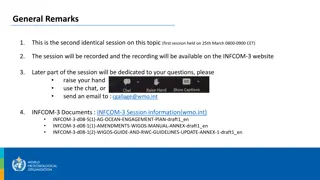
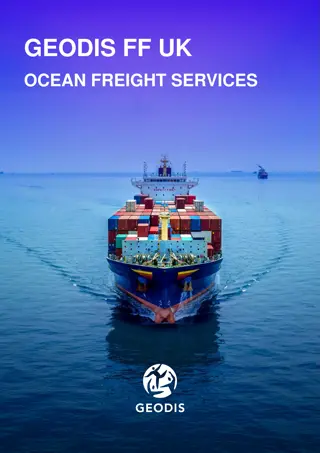





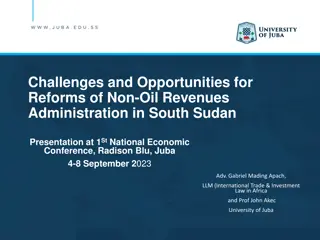
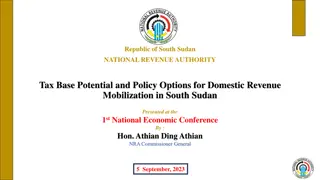
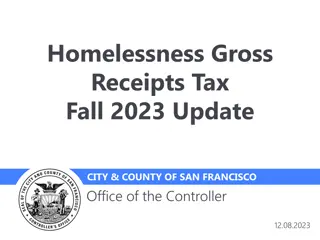





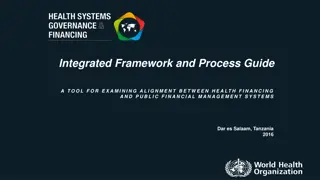






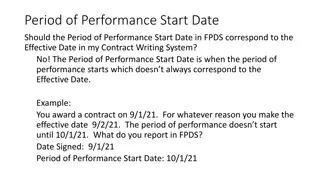


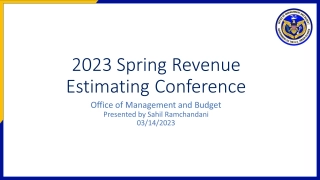

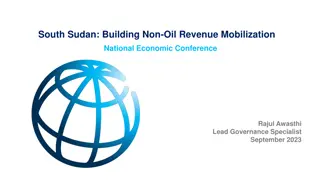









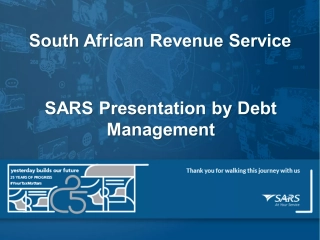





![Town of [Town Name] Real Estate Tax Rates and FY 2024 Budget Summary](/thumb/62211/town-of-town-name-real-estate-tax-rates-and-fy-2024-budget-summary.jpg)



